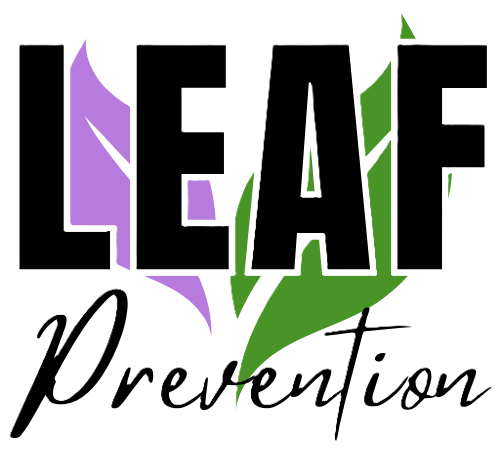

Blog Posts
Have you heard the term “sober curious?” Originally the title of a 2018 book by Ruby Warrington, sober curious has become a larger movement that encourages people to reevaluate their relationship with alcohol and adopt a more mindful approach to drinking. Alcohol can be one of the ways you demonstrate you belong in a social circle, but the sober curious question the cultural forces that encourage drinking alcohol. They consider the benefits of reducing or stopping drinking to your sleep, health, focus, finances, and productivity. The sober curious may still drink alcohol but are open to exploring other options.
Why Are Young People Drinking Less?
One reason being sober curious has gained momentum is that adults (especially millennials and Gen Zers) are drinking less alcohol than previous generations. Research from organizations like Gallup shows that young adults are more likely to believe that reducing alcohol intake is important for health benefits. Gallup’s recent survey found that two-thirds of U.S. adults aged 18 to 34 say alcohol consumption negatively affects one’s health, compared to approximately a third of those aged 35 and above. While it is not a new phenomenon that younger people are more likely than those in older age groups to view alcohol as unhealthy, the latest gaps in perceptions are the largest recorded by Gallup. This shift in attitudes has led people to question whether the pros of drinking alcohol outweigh the cons and whether they should drink more mindfully or not at all.
What To Do if You Are Sober Curious?
If you’re interested in reevaluating your relationship with alcohol, here are some pointers on what to do next:
Think about the benefits of drinking less alcohol and make a plan to reduce or cut out alcohol.
Try replacing alcohol with alcohol-free alternatives. The market has responded to the sober curious movement with ever-improving non-alcoholic beers, wines, and cocktails.
Check out a sober bar if there is one near you, and enjoy the bar atmosphere without the hangover.
Find social spaces where alcohol is not the focus so you don’t feel judged for not drinking.
Recognize that if people judge you or comment, that is their problem, not yours.
Practice self-care with meditation and being outdoors to promote a positive mindset.
If the timing is right, consider participating in Sober October or Dry January as an experiment in sober curiosity.
Is Being Sober Curious Right for You?
Being sober curious might be the right move for you. However, be aware that if the impact of alcohol on your life is significant, you may need to take a different approach to your drinking and seek additional help. Do you spend a lot of time drinking, crave a drink, need to drink more than you used to, have physical symptoms such as shakiness, irritability, and depression, and find alcohol impacting your relationships, friendships, or work? If so, feel free to reach out to us at LEAF at (607) 432-0090 with any questions about drinking or alcohol addiction. We’re here to help.
#SoberOctober #SoberCurious #SoberCommunity #SoberFun #HealthyHabits #Wellness #CelebrateSober #Halloween2024 #HalloweenSafety #AlcoholFree #FallFestivities
Sources
Gallup (2024) “Alcohol Consumption Increasingly Viewed as Unhealthy in U.S.” Alcohol Consumption Increasingly Viewed as Unhealthy in U.S., August 13, https://news.gallup.com/poll/648413/alcohol-consumption-increasingly-viewed-unhealthy.aspx
Sherwood, A (2022) “12 Warning Signs of an Alcohol Problem Explained With Pictures,” August 23 https://www.webmd.com/mental-health/addiction/ss/slideshow-signs-alcohol-problem
Warrington, R (2018) “Sober Curious: The Blissful Sleep, Greater Focus, Limitless Presence, and Deep Connection Awaiting Us All on the Other Side of Alcohol,” HarperOne
All sources accessed October 14, 2024